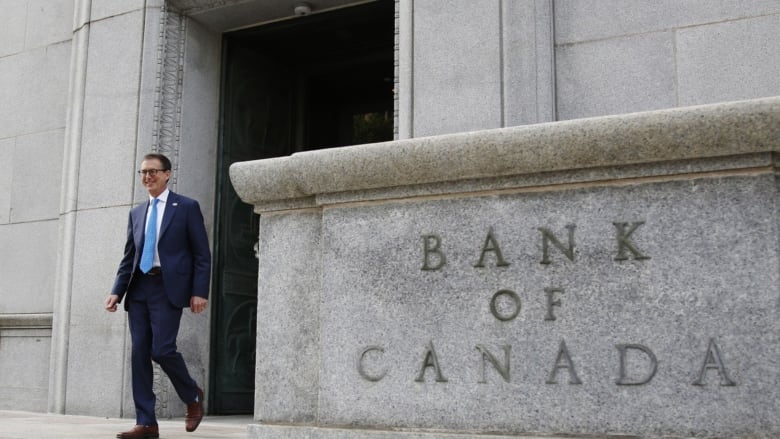
By Jack, Sep 14 2023, 07:15 PM
On Thursday, the European Central Bank (ECB) decided to increase interest rates by a quarter of a percentage point, bringing them to 4%. This marks the highest interest rate level since the inception of the euro currency in 1999.
In a statement, the ECB acknowledged that while inflation has been on a declining trend, it remains at levels that are considered too high for an extended period. This move follows a consistent pattern of rate hikes, with this being the 10th consecutive increase, all aimed at bringing inflation back in line with the ECB’s 2% target. The ECB, however, hinted at a potential pause in its tightening cycle, stating that the current interest rate levels, if maintained over an extended period, could substantially contribute to achieving the inflation target.
Read Also
✓ Paxos, PayPal’s Partner, Exceeds $510,750 in Bitcoin Transaction Fee, Setting a New USD Record
✓ Bitcoin Unveiled: 10 Must-Know FAQs for Curious Global Citizens
✓ Emerging Scam Targeting Shiba Inu (SHIB) Community
Despite these efforts, annual inflation in the eurozone, which encompasses 20 countries, remained stubbornly high at 5.3% in the past month, primarily due to surging oil prices that drove up energy costs.
There are indications that the series of interest rate hikes, initiated in July of the previous year, might be taking a toll on economic activity. The euro area’s economic growth in the second quarter was meager, expanding by just 0.1% compared to the first quarter. Germany, the largest economy in Europe, experienced stagnation in its output during the same period, raising concerns about its ability to rebound from a recent winter recession when its GDP contracted for two consecutive quarters.
Furthermore, recent data doesn’t paint a rosy picture either. Industrial production in both the euro area and the broader European Union fell by 1.1% in July compared to the previous month, as reported by Europe’s statistics office.
The persistently high inflation and the necessary interest rate hikes to combat it are expected to exert downward pressure on growth in the coming months, according to the European Commission. Earlier this week, the EU’s executive branch revised down its economic forecasts for this year and the next, citing these factors. The European Commission now anticipates the EU’s economy to grow by a modest 0.8% in 2023.










